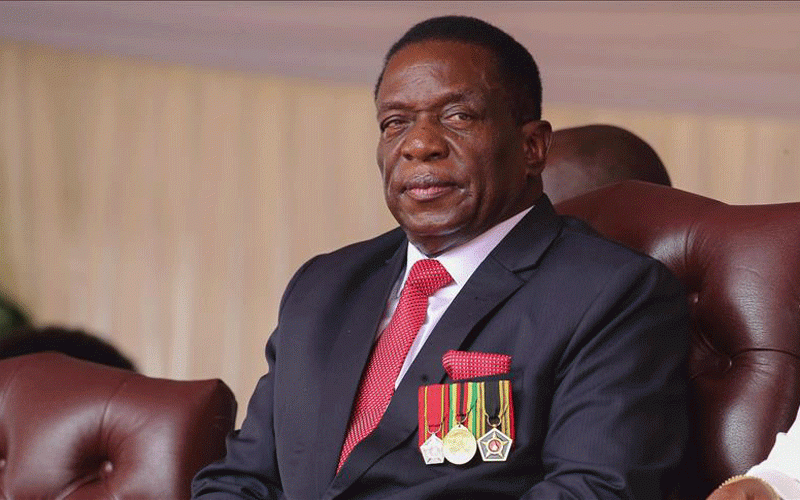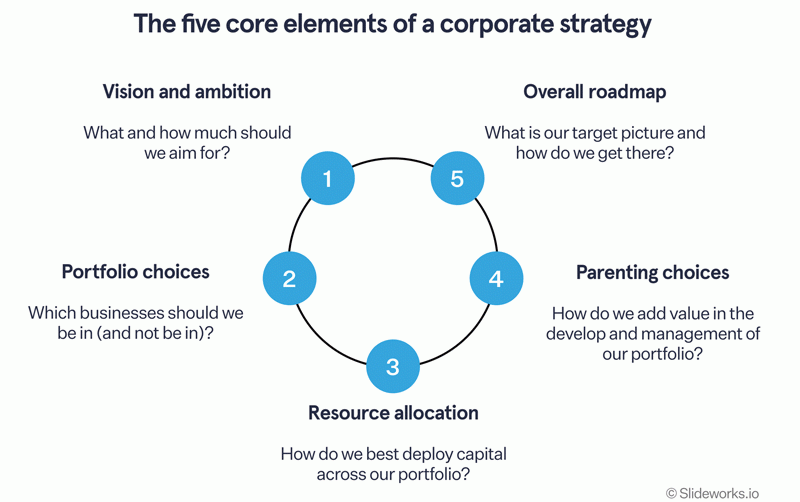
THE remarks by President Emmerson Mnangagwa last week on how bureaucratic sloth is frustrating investment into the country has once again shown the arduous task his government faces to lure the much-needed investment.
Speaking at a ground-breaking ceremony at Dinson Iron and Steel plant in Manhize, Midlands province, last week, Mnangagwa warned Cabinet ministers and top civil servants to desist from frustrating potential investors by sleeping on duty.
“We have officials who sit in air-conditioned offices, who take long to approve investors’ documents,” Mnangagwa revealed.
“They just hang their jackets in offices and sometimes read the documents half-way and put them aside — then the next day they come up with another excuse until three days pass, then months, and eventually the project is buried. We say to these officials — down with them.”
Zimbabwe has been ranked 140/190 in 2021 and 150/190 in 2022 on ease-of-doing-business international scales. Some of the reasons for the low rankings are poor monetary policies and skewed property laws; and the long time it takes to secure business licences.
Transparency International has ranked Zimbabwe as one of the top countries with endemic corruption.
Despite the mantra of Mnangagwa’s government that Zimbabwe is open for business, the country’s track record on encouraging investment throws up some grim statistics.
The United Nations Conference on Trade and Development (unctad) placed Zimbabwe bottom of the trade openness index.
- Mr President, you missed the opportunity to be the veritable voice of conscience
- ED to commission new-look border post
- Zanu PF ready for congress
- EU slams Zim over delayed reforms
Keep Reading
In its July 2022 Southern Africa Outlook Report, American financial services firm Fitch Solutions revealed that Zimbabwe still had the highest short-term and long-term risk in southern Africa due to a continued deterioration of the country’s political and economic situation.
The global agency gave a country risk score of 33,3, on the back of Covid-19 restrictions easing and firmer international commodity prices.
The score remains lower than the regional and global average of 48,3 and 54,5, respectively.
Economist Chenayi Mutambasere believes the amount of political interference and the unpredictable operating environment riddled by policy inconsistency have hobbled the country’s investment prospects.
“The level of bureaucracy and political meddling in the country’s business environment is what puts off investors,” Mutambasere said.
“The multi-currency is also another area of ambiguity where investors become hesitant to bank locally as the general direction of travel is not only unclear but is always subject to ad hoc changes as has been seen with various statutory instruments in the last year.”
The ad hoc changes have been evident in the country’s local bourse, the Zimbabwe Stock Exchange (ZSE).
The continued suspension of Old Mutual and PPC since 2020 by the government as a measure to curb currency volatility is in stark contrast to the government message that it is improving the ease of doing business environment.
Finance minister Mthuli Ncube’s comments that those affected by the suspension should treat the stoppage as a long holiday, has not helped in terms of attracting the much-needed investment. If anything, his remarks invited derision and loss of confidence.
The revelations by the ZSE chief executive Justin Bgoni at the inaugural investment forum held by the Zimbabwe Independent and Piggy Bank Advisor recently indicated just how much damage the move caused on the ZSE.
Bgoni told delegates at the investment forum that Zimbabwe’s main bourse was now the worst performing on the continent due to subdued foreign direct investment (FDI). The ZSE CEO said FDI inflows have been low since 2015.
The continued suspension, which Bgoni said is embarrassing, has prejudiced more than 30 000 Old Mutual shareholders and has dampened investor confidence.
“We now have the title of the worst performing market in the region, I agree,” Bgoni said.
“But, for the past two years I think we have had some of the best performing markets, so I think it’s up and down if you look at it.
“If you look, fundamentally in Zimbabwe we haven’t had foreign direct investment come in since around 2015/2016. A large part of it is because of the exchange rate.
“People are worried that they won’t be able to get their money out so that has been the biggest problem in terms of money coming in.”
The admission by Mnangagwa that his government officials are frustrating investments shows that the country’ investment dearth is through government inefficiencies and not the government reason of sanctions imposed on the country according to business consultant Simon Kayereka.
“This is one area where there seems to be no political will to act. What is worth noting though is the admission that his officials are responsible and not sanctions,” he said.
“However, these speeches are good for his ratings in political circles. So it is all talk.”
Mnangagwa’s government has set up the Zimbabwe Investment and Development Agency (Zida) to facilitate investment as well as launch the Brand Zimbabwe campaign to try to change the country’s negative perception.
However, the concerns over the states’ human rights record continue to militate against the government's efforts to change the negative perception towards it.
The continued incarceration of legislators Job Sikhala and Godfrey Sithole as well 14 supporters of the opposition party without trial over the violence that erupted over the murder of Moreblessing Ali has only fortified the country’s image of a government that does not respect human rights.
This is in addition to allegations of abductions and torture of opposition party members, civil activists and even comedians by state agents as well as the ban on demonstrations by civil activists and opposition parties particularly, CCC.
In 2014, then Australian ambassador to Zimbabwe Matthew Neuhaus likened investing in Zimbabwe to “swimming in the Zambezi between crocodiles and hippos.” Eight years on, that perception continues to linger.










